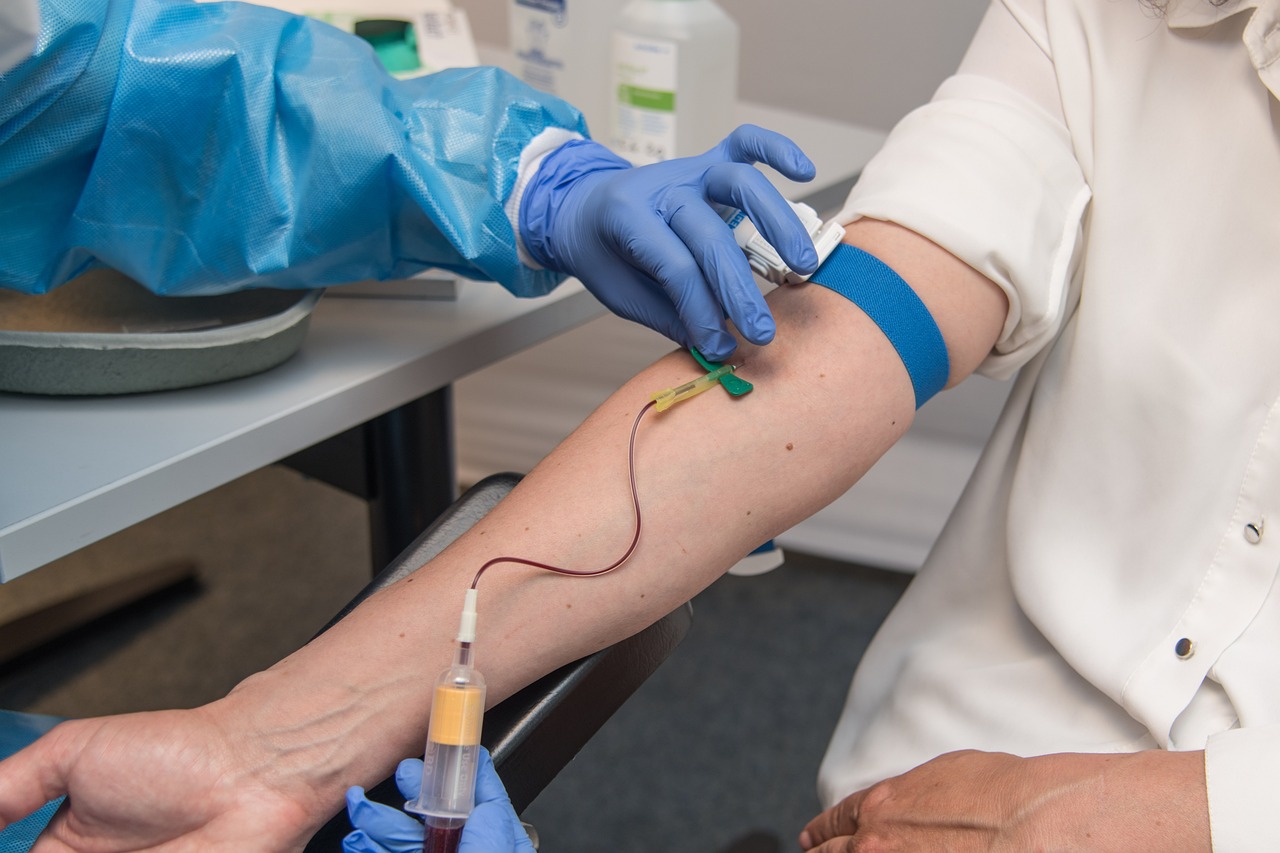
24 Apr I have a Medicaid HMO. Will I owe money after my death?
Photo: pixabay.comQ. I have Medicare and a Medicaid HMO as my secondary insurance. I tried to get off Medicaid into the NJSave program and they refused, saying I didn’t qualify. I am also a Qualified Medicare Beneficiary (QMB). How do I find out my financial obligation to Medicaid for repayment upon my death? I don’t understand how they will justify the amount to my beneficiaries especially when I wouldn’t be able to question anything. It’s so confusing. How do I obtain this information now?
— Covered but concerned
A. What happens under these programs indeed can be confusing.
Let’s cover the basics.
NJSave is a program to help low-income seniors and individuals with disabilities save money on Medicare premiums, prescription costs and other living expenses, Shirley Whitenack, an estate planning attorney with Schenck, Price, Smith & King in Florham Park.
She said under federal and New Jersey law, The New Jersey Division of Medical Assistance and Health Services (DMAHs) is required to recover funds from the estates of deceased Medicaid recipients for services they received through Medicaid after age 55.
“The amount that Medicaid seeks to recover also includes capitation payments made to managed care organizations or other providers that are paid through capitation payments regardless of whether the individual used Medicaid services in any month,” she said, noting that DMAHS will defer recovery if the deceased person has a surviving spouse or a child under age 21 or a surviving child who is blind or permanently disabled according to the Social Security definition of disability.
A Medicaid lien is not placed on a Medicaid recipient’s property until the Medicaid recipient’s death, she said.
“Medicaid also does not seek to recover from the gross estates that are valued at less than $3,000 or the amount sought is less than $500. For these reasons, it is very difficult to find out the lien amount prior to death,” Whitenack said.
Email your questions to .
This story was originally published in April 2024.
NJMoneyHelp.com presents certain general financial planning principles and advice, but should never be viewed as a substitute for obtaining advice from a personal professional advisor who understands your unique individual circumstances.

